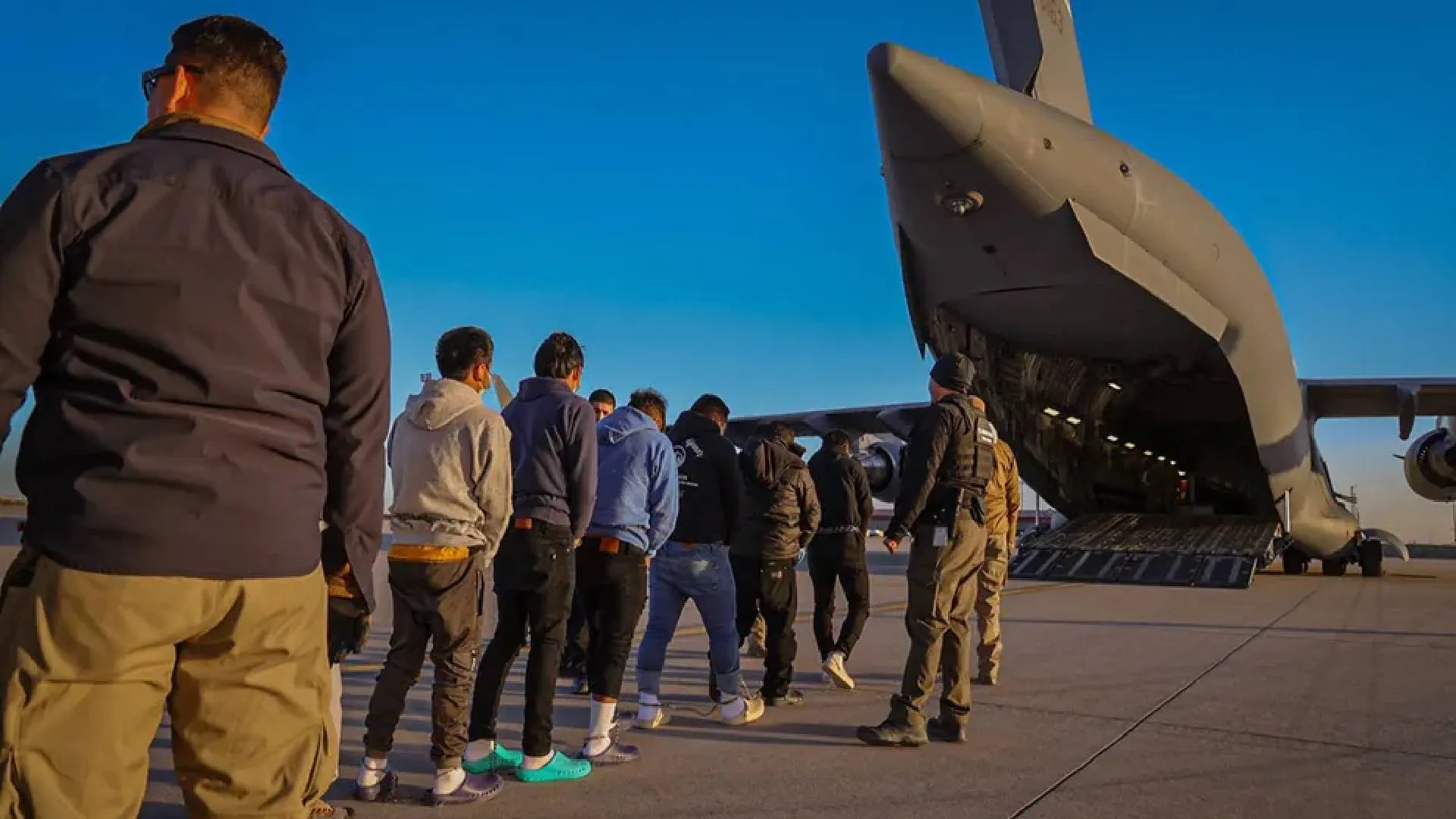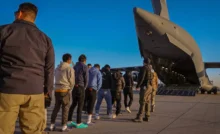Syrian prisons under Bashar al-Assad’s regime became symbols of oppression, housing thousands of detainees accused of opposing the government. These facilities were infamous for brutal torture, inhumane conditions, and unlawful detentions, often without trial.
Cruelty of Assad’s Regime
Reports from human rights organizations reveal chilling evidence of starvation, abuse, and deaths within these prisons. Survivors recount horrifying experiences, including physical torture and psychological trauma that left permanent scars. Places like Saydnaya Prison were labeled “human slaughterhouses,” showcasing the regime’s cruelty.
Voices of Freed Prisoners
“My name was number 1100,” Hala said cautiously, reluctant to reveal her true identity.
Hala is one of thousands recently freed from the notorious prisons of Bashar al-Assad’s regime. The government collapsed after a swift rebel offensive that took less than two weeks.
In 2019, authorities arrested Hala at a checkpoint in Hama. They accused her of “terrorism,” a charge frequently used against government critics. She spent years in Aleppo’s prisons, moving from one facility to another. Finally, on November 29, rebel forces led by Hayat Tahrir al-Sham (HTS) stormed Aleppo’s Central Prison and freed the inmates.
“We couldn’t believe it was real,” Hala said, recalling the moment of freedom. “The joy was immense. We ululated, cheered, and wished we could hug our liberators.” Reuniting with her family, she said, felt like being born again.
Torture and Oppression in Syrian Prisons
Syria’s prisons, a symbol of al-Assad’s oppressive rule, held over 136,614 detainees before the rebel advance, according to the Syrian Network for Human Rights. These facilities thrived on torture and fear, cementing the regime’s power.
In 2013, smuggled photos exposed horrifying conditions. Human Rights Watch described the images as “irrefutable evidence” of crimes against humanity.
Hala shared a chilling memory of a 16-year-old girl who was arrested shortly after her wedding. Tragically, the young girl died in custody. Alongside her, police detained an elderly woman, a university student, and two doctors accused of helping revolutionaries.
A New Beginning Amidst Chaos
For 49-year-old Safi al-Yassin, the moment of release felt transformative. “It was like the day of my birth,” he said.
“The happiness is indescribable,” he told Al Jazeera.
Al-Yassin, a blacksmith from Baniyas, was detained in 2011 for participating in protests. Before his release, he had endured 14 years of severe physical and psychological torture.
Over the years, he was transferred between facilities, including the infamous Saydnaya Prison. Amnesty International called it a “human slaughterhouse” in 2017. “The scenes I saw cannot be erased, even until death,” al-Yassin said, describing the sight of an elderly man dying from severe injuries.
When rebel forces approached Aleppo’s Central Prison, al-Yassin and fellow prisoners broke windows and doors to escape. Even the guards disguised themselves as civilians to flee with the inmates.
Surviving the Indescribable
Maher, another freed detainee, spent seven years in prison on charges of “funding terrorism.” Like many others, he was held without trial and treated as nothing more than a number.
“Every minute felt like approaching death,” Maher said, describing the extreme torture he endured.
At Mezzeh Prison in Damascus, Maher encountered his brother-in-law, who had lost his legs and his sanity due to torture. Initially, Maher hesitated to believe it was him. However, a familiar tattoo confirmed his identity.
Despite years of suffering, Maher never expected freedom. But when rebels opened the prison doors, everything changed. “We chanted ‘Allahu Akbar’ [God is great],” he said. “It felt like a dream.” Maher eventually reunited with his sister’s family in Idlib, finally free.
Recently, rebel forces liberated many prisoners, bringing hope to those trapped in these harrowing conditions. The stories of survivors highlight their resilience and the urgent need for justice and reform in Syria.









